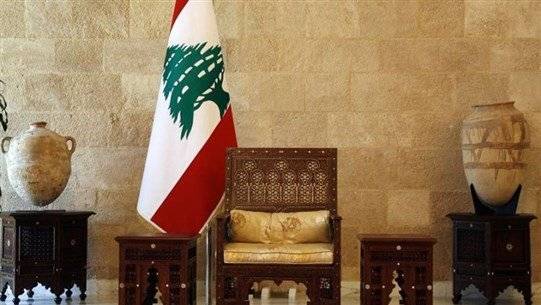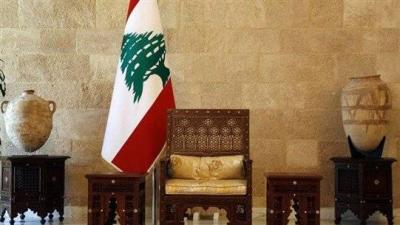As internal matters continue to crowd around, just days before the end of Michel Aoun's term and shortly after a preliminary agreement on maritime border demarcation, news surfaced about the Swiss Embassy in Beirut inviting representatives from parliamentary blocs to a dinner. However, the details regarding this invitation were conflicting, and media commentary suggested it could be a precursor to a broader dialogue set to take place in Switzerland. This speculation sparked confusion, prompting MP Melhem Riachi to announce his withdrawal pending clarifications about the background of the invitation.
In a conversation with "Al-Anbaa" electronic, Fadi Alama, a member of the Development and Liberation bloc, explained that the dinner idea originated from a non-governmental organization working in collaboration with the Swiss government. Its aim is to foster dialogue among Lebanese to address their points of contention without delving into strategic topics such as the Taif Agreement, leaving those discussions for later phases, hoping this dialogue evolves to include all issues.
With no signs of consensus regarding the new president, the situation seems no better for government formation. Alama stated, "Nothing on the horizon indicates the possibility of forming a new government in the coming days," noting that "the current focus of political forces is centered on completing the presidential election." He did not dismiss the possibility of achieving this goal soon if some names of consensus candidates emerge, predicting notable activity in this direction during the remaining time of the constitutional deadline, provided that everyone agrees on a consensus president and some step back from the idea of a challenging president. Alama emphasized the necessity of completing this process within the constitutional timeframe, especially after the demarcation topic has progressed in this direction.
On the other hand, Abdul Aziz Al-Samad, a member of the National Moderation Bloc, ruled out the formation of a new government, attributing this to the existing tug-of-war that essentially hampers progress on this file before the end of the current term. Simultaneously, Al-Samad told "Al-Anbaa" electronic that he doubted the possibility of electing a president within the constitutional period. However, he questioned whether the presidential vacancy could extend for more than a month or a month and a half at most. He anticipated that the upcoming session on Thursday would mirror previous ones, as the situation remains unclear and the MPs are divided into two camps, with no party able to elect a president without the other.
Thus, the Lebanese, who will not perceive positive outcomes from the demarcation agreement for years due to the lengthy timeline required for gas and oil investment processes, are unlikely to witness any immediate positive developments on the domestic level as long as complications remain the same and living crises weigh heavily.




